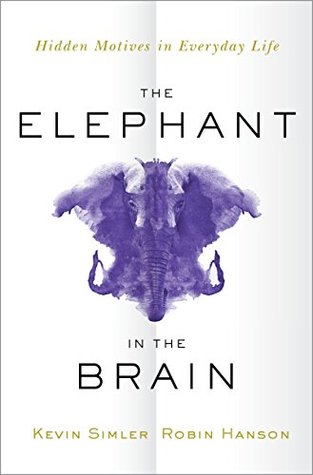More on this book
Community
Kindle Notes & Highlights
by
Kevin Simler
Read between
January 30 - February 1, 2021
the demand for luxury goods is driven largely by a social motive: flaunting one’s wealth.
This is what’s known in the literature as the social brain hypothesis, or sometimes the Machiavellian intelligence hypothesis.3 It’s the idea that our ancestors got smart primarily in order to compete against each other in a variety of social and political scenarios.
But consider that every creature alive today is the final link in an unbroken chain of ancestors who managed to reproduce—
Now, our competitions for prestige often produce positive side effects such as art, science, and technological innovation.16 But the prestige-seeking itself is more nearly a zero-sum game, which helps explain why we sometimes feel pangs of envy at even a close friend’s success.
The problem with words is that they cost almost nothing; talk is usually too cheap. Which is a more honest signal of your value to a company: being told “great job!” or getting a raise?


